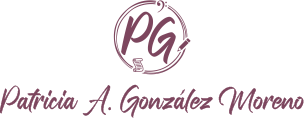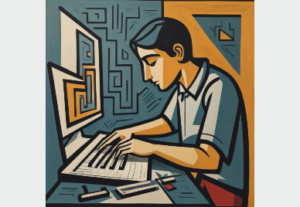16 Nov Coregulation in music practice: Effective use of peers as social resources in goal setting and strategic planning.
Autor:
JOSHUA D. ALLEN
Bajo la dirección de Patricia González-Moreno
2020
Abstract:
Researchers in education have found a multitude of learning benefits proffered through peer collaborative learning. Despite being a primarily collaborative effort, the pedagogy of music ensembles in the school setting continues to rely heavily on student development of skills through autonomous at-home practice. In an effort to improve student learning through at-home practice, a study was needed to understand how peer collaboration might be implemented in practice pedagogy and to examine its impact. Self-regulation theory provides a framework by which socially interactive influences of peers as social resources on cognitive aspects of practice processes can be identified and understood. Using a mixed-methods approach, I collected data from document analysis of weekly practice goals reports, recorded conversations of participants as they collaboratively identified a group practice goal, recorded at-home practice, and structured interviews with participants. Although no statistical significance was found to indicate participants were more successful in achieving collaboratively-set goals than individually-set goals, participants perceived myriad benefits from the collaborative goal setting process with peers, including greater perceived achievement of collaborative goals. Results indicated that participants perceived improved collaborative and personal goal achievement, augmented efficiency in goal setting and practice strategy selection and implementation, increased motivation to practice toward improvement through group ownership of the collaborative goal and social responsibility, and enhanced self-regulation of at-home practice. Furthermore, participants indicated that peers were valuable as sources of feedback and as models of effective goal setting, strategy implementation in practice, and in self-reflection. These findings are consistent with self-regulation theory’s valuation of social resources as motivators and models for effective self-regulation and support a model of co-regulation in music practice pedagogy.
Disponible en:
https://hdl.handle.net/2144/39530

